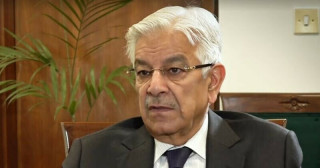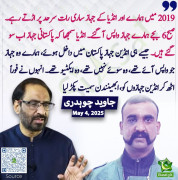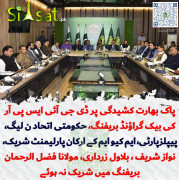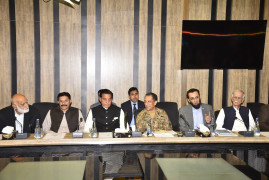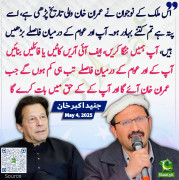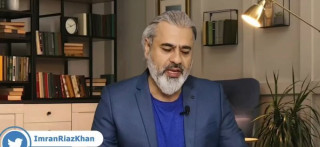Wadaich
Prime Minister (20k+ posts)
[h=1]Maoists kill one soldier every three days: Naxal corridor is three times deadlier than terror-hit states[/h]
A deadly trend has struck roots in India's Red Corridor over the past three years. A soldier fighting Maoists deep inside the jungles of central and south-central India is far more likely to be killed than his uniformed brothers taking on militants in Jammu and Kashmir, or insurgents in the North-east.
Rebels in the Red zone are killing more soldiers than are dying in all insurgency-hit areas put together.
Official data from the Union home ministry shows that at least one security personnel loses his life to Maoists every three days. The chance of the enemy surprising security forces makes the job of their personnel highly risky.
"Numbers can never tell the real horror tales. There is death at every step," says an official who has served in these high-risk zones.
Maoists are acknowledged experts in planting improvised explosive devices (IEDs) and are always devising new strategies to ensure mass killings. And they seem to be getting better. There have been recent incidents when several security personnel have been butchered in one ambush.
Sources say IED explosions have been responsible for most deaths.
"They plan attacks and ambush our forces resulting in large killings," the officer said.
Scary numbers
The numbers tell the tale. The death toll of security personnel killed between 2011 and 2013 was 371 in the Maoist zone; the number of incidents of violence in the Red zone was 4,311.
High intensity conflict zones like Jammu & Kashmir, Assam, Arunachal Pradesh, Manipur and Meghalaya seem safer than the Maoist bastions of Jharkhand, Chhattisgarh or Orissa, where most the security personnel killings have taken place.

The total death toll in all insurgency-affected areas was 239 in the same period and the number of incidents of violence 3,123.
"Terrorism is a product of enemy countries. But that's not the case with Maoists. They are receiving support from many quarters within the country The government is restrained against them," said Ajai Raj Sharma, former Director-General of the Border Security Force.
A deadly trend has struck roots in India's Red Corridor over the past three years. A soldier fighting Maoists deep inside the jungles of central and south-central India is far more likely to be killed than his uniformed brothers taking on militants in Jammu and Kashmir, or insurgents in the North-east.
Rebels in the Red zone are killing more soldiers than are dying in all insurgency-hit areas put together.
Official data from the Union home ministry shows that at least one security personnel loses his life to Maoists every three days. The chance of the enemy surprising security forces makes the job of their personnel highly risky.
"Numbers can never tell the real horror tales. There is death at every step," says an official who has served in these high-risk zones.
Maoists are acknowledged experts in planting improvised explosive devices (IEDs) and are always devising new strategies to ensure mass killings. And they seem to be getting better. There have been recent incidents when several security personnel have been butchered in one ambush.
Sources say IED explosions have been responsible for most deaths.
"They plan attacks and ambush our forces resulting in large killings," the officer said.
Scary numbers
The numbers tell the tale. The death toll of security personnel killed between 2011 and 2013 was 371 in the Maoist zone; the number of incidents of violence in the Red zone was 4,311.
High intensity conflict zones like Jammu & Kashmir, Assam, Arunachal Pradesh, Manipur and Meghalaya seem safer than the Maoist bastions of Jharkhand, Chhattisgarh or Orissa, where most the security personnel killings have taken place.

The total death toll in all insurgency-affected areas was 239 in the same period and the number of incidents of violence 3,123.
"Terrorism is a product of enemy countries. But that's not the case with Maoists. They are receiving support from many quarters within the country The government is restrained against them," said Ajai Raj Sharma, former Director-General of the Border Security Force.









